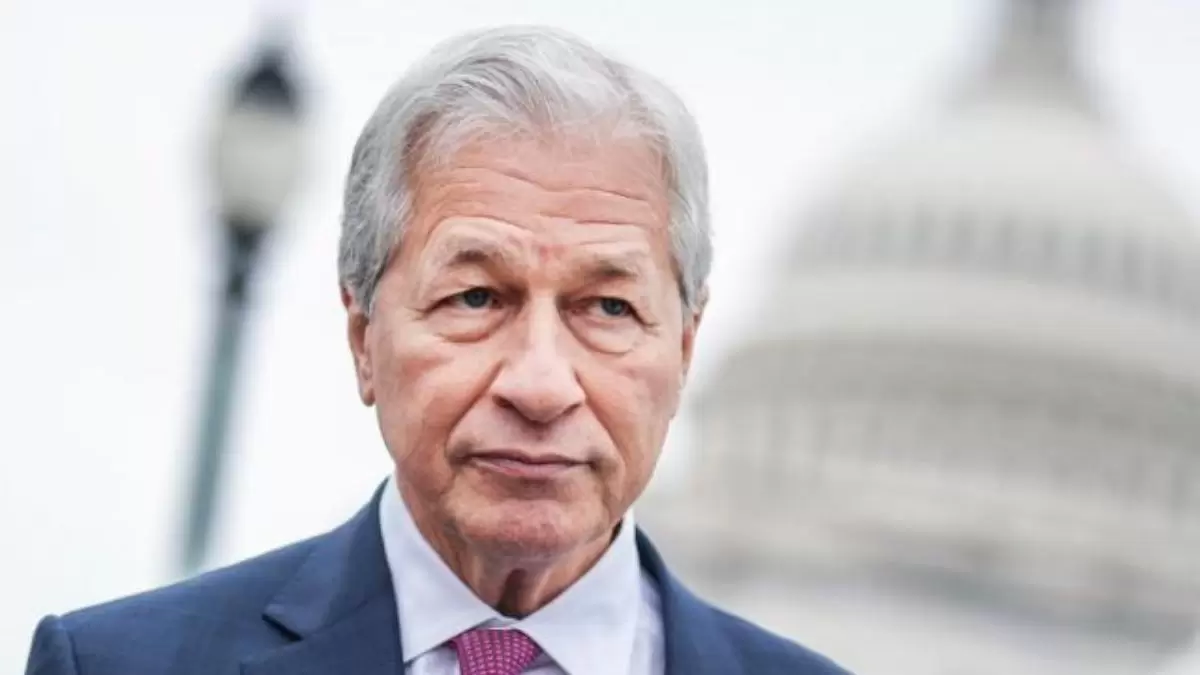New Delhi: In February 2024, Nicolas Welch, a tech operations analyst at JPMorgan Chase, found himself in hot water after questioning CEO Jamie Dimon about the company’s return-to-office (RTO) policy during a town hall meeting in Columbus, Ohio. The policy required all 317,000 employees to come into the office five days a week. This was a big change for many, as nearly 40% of employees previously had the option to work from home twice a week.
Welch, who was going through a divorce and dealing with childcare responsibilities, asked why individual managers couldn’t decide office attendance rules, especially since his seven-member team worked across different countries and time zones. His colleagues applauded, but Dimon quickly shut down the idea. He argued that remote work had led to inefficiencies and wasted time on Zoom meetings. He also dismissed a petition asking for more flexibility, saying, “I don’t care how many people sign that f***ing petition.”
Things took a dramatic turn after the meeting. Welch was suddenly called to his desk by Garrett Monaghan, a VP in JPMorgan Chase’s Technology Employee Support Services (TESS) division. In a tense meeting with Monaghan and another executive, Jeffrey Todd Merrill, Welch was accused of embarrassing the company and was told to pack up his things and leave.
For several hours, Welch believed he had been fired. But later that day, Megan Mead, an executive director at the bank, called to let him know he still had his job and had “smoothed things over” with Monaghan. That evening, Monaghan even apologized and offered a handshake. The company later clarified that Welch was never officially dismissed, with a spokesperson saying, “He didn’t say anything wrong in the town hall.” Welch’s boss, Richard Cundiff, also denied he had been fired but didn’t comment further.
Even though Welch kept his job, the whole situation left him frustrated, and it sparked wider discussions among JPMorgan Chase employees. Many supported him for speaking up, with some even calling him the “Voice of America.” His story highlights the growing tension over return-to-office policies as workers push for more flexibility in their jobs.





